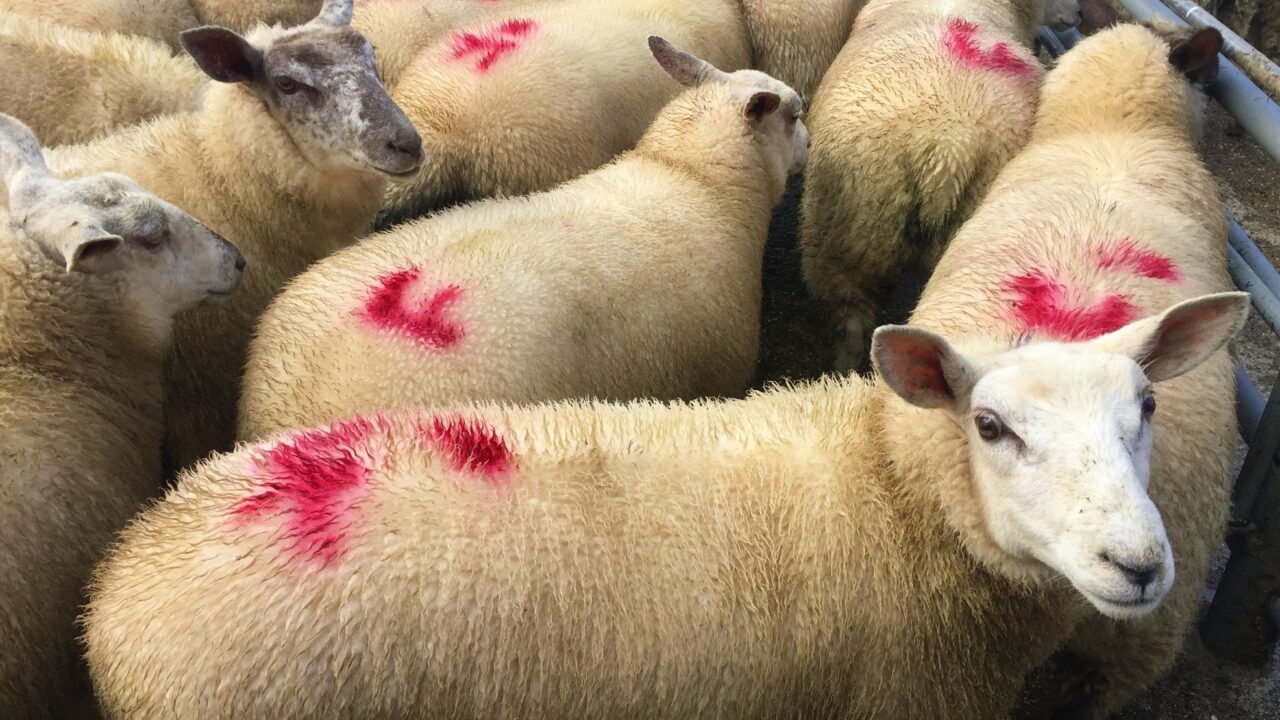Revisions to the planned mandatory extension of electronic identification (EID) to all sheep has meant that “some sense” has prevailed, according to the Irish Cattle and Sheep Farmers’ Association’s (ICSA’s) sheep chairman, John Brooks.
However, he claimed that the “substantive issues” have not gone away.
Also Read: Revisions announced for mandatory extension of EID tagging to all sheepEarlier this year, the Department of Agriculture, Food and the Marine announced that all sheep would have to be EID tagged from October 1, 2018 onwards.
But the department confirmed today that the move to the EID tagging will be implemented in two stages.
- A single electronic slaughter tag – where lambs less than 12 months of age are moved directly from the birth holding to a slaughter plant;
- An electronic tag set – in the case of all other sheep movements.
Commenting on this morning’s announcement, Brooks said: “With a new start date of June 2019 for the introduction of EID mandatory tagging, the minister is essentially just kicking the can down the road.
“The extra costs associated will be on-going for sheep farmers; so if the department and the meat industry wish to proceed with this, they should pay for it on an on-going basis.”
€2.5 million cost to sheep farmers
The ICSA has calculated that the move to mandatory EID tagging will result in sheep farmers incurring some €2.5 million in increased costs. This is based on additional costs of €1/lamb and a throughput of some 2.5 million lambs/annum, the farm organisation added.
Meanwhile, it costs the average Teagasc profit monitor farmer €86 to produce a lamb, according to the ICSA.
Therefore, when €1 is added to the cost of producing a lamb which will make €14 profit – ultimately implementing a 7% income cut.
‘No appetite’
Concluding, Brooks said: “There is absolutely no appetite among sheep farmers for this, as costs are continually rising while incomes are falling. In addition, EID tagging won’t alter the current batch system of traceability that meat plants use after slaughter.
“The ICSA therefore believes it is disingenuous to imply that mandatory tagging is a requirement to access a myriad of new markets.
“Indeed, relevant bodies now have until next June to show us exactly what additional markets they can secure based on mandatory EID alone. That will be the real proof.”
